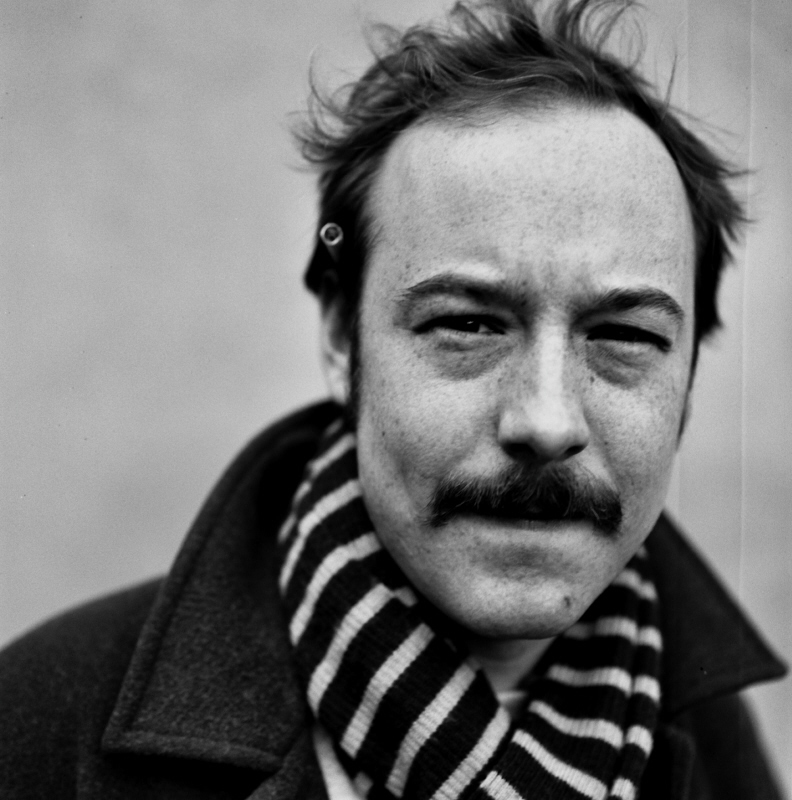
I recently finished a great book—one of those “can’t put it down but wish you could because it’s so good and you wish it would last longer” kind of books.
It’s called
Remainder, and it’s by Tom McCarthy, a Britisher and member of the
International Necronautical Society, which I think he had a hand in making up, and which I don’t really know much about or really care to investigate further.
Sorry.
But the book is great. Riveting, odd, suspenseful and—in what I’m beginning to realize is kind of a hallmark of books that I think are great—it made me feel a little bit crazy, myself; I found myself sort of acting out some of the main character’s neuroses and patterns, putting on the face of that particular character.
Some books from before that have made me do this and feel this way include:
Infinite Jest, by David Foster Wallace
Under the Volcano, by Malcolm Lowry
Ulysses, by Joyce
and The Recognitions, by William Gaddis—this one the most so
Now, if you’re still reading, you might be thinking, “What a pretentious fucking list, and of course all those books made him feel that way—they’re great books, classics, and near-unanimously recognized as such!” Well, fuck off. Also you miss the point of what I’m saying, which is that—surprisingly—Remainder is now on that selfsame list. See?
Infinite Jest, by David Foster Wallace
Under the Volcano, by Malcolm Lowry
Ulysses, by Joyce
Remainder, by Tom McCarthy
and The Recognitions, by William Gaddis—this one still the most so
At any rate, it’s a great book. It is about a man who has an accident—he’s hit by something falling from the sky—and who later, after coma and physical rehabilitation and memory loss and so on—receives a large monetary settlement from the company or companies responsible for what hit him. But that’s not the important part. The important part is what, in a flash of inspiration in a bathroom at a party one night, he decides to do with the money.
Will I tell you what he does with the money? No I will not. It’s too bizarre for me to spoil here. But suffice it to say that the book, as all good books, isn’t even really “about” any of that—the guy, his accident, what he does with the money. Rather it’s about why we do anything; the ways in which we move through and relate to the physical world and other people; and what this “means”—and here I’m talking deep, existential meaning; what it means for consciousness, perception, and life on the macro level. How we relate.




